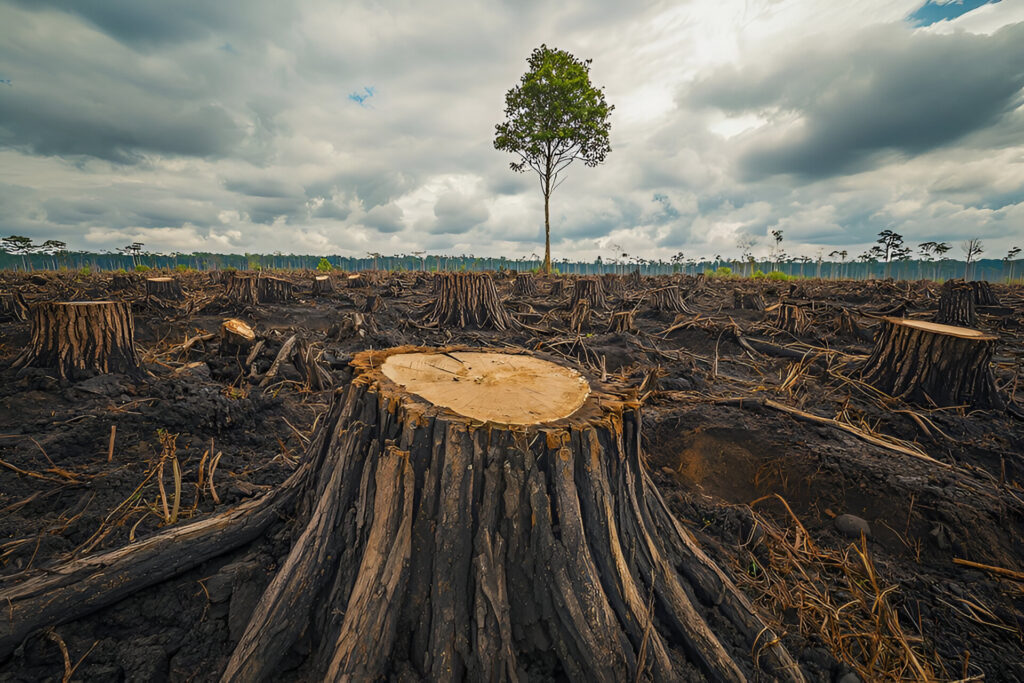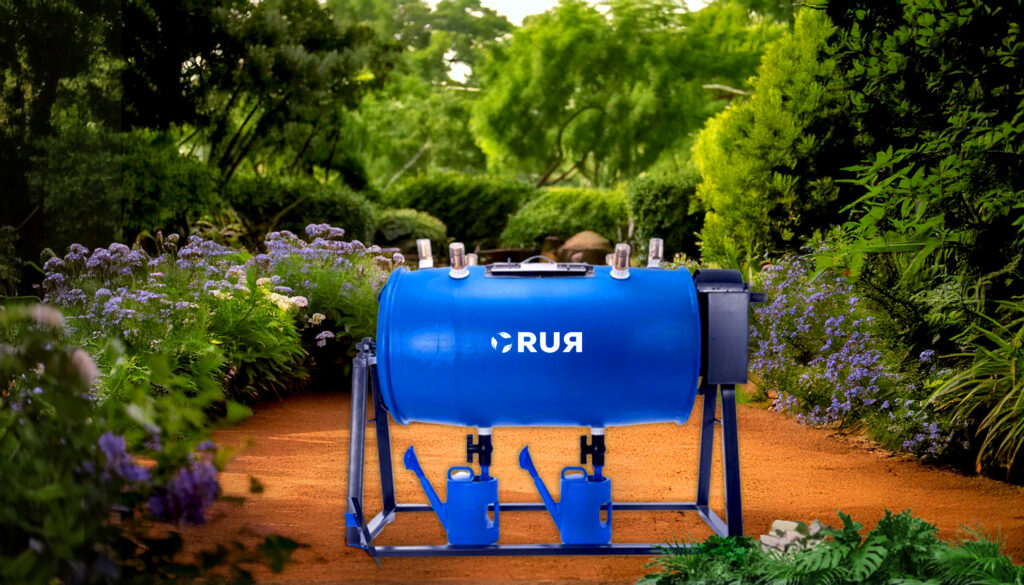“Climate change is a reality, whether we like it or not. “
In today’s volatile world, where the effects of global warming are encroaching every piece of land, where earth’s resources are depleting by the day; these incidents have urged mankind to take responsibility and act upon it.
Imagine a situation: The lush green forests are shrinking, biodiversity is on the verge of extinction, the raging winds and frequent downpours have posed a question on the survival of species.
Isn’t it a dreadful situation?

In order to drive action and propel sustainability targets, the COP29 was held in Baku, Azerbaijan. The Conference of the Parties (COP) is the supreme decision-making body of the United Nations Framework Convention on Climate Change (UNFCCC). The COP meets every year to review the implementation of the Convention and make decisions to promote its effective implementation. As global leaders come together to initiate meaningful conversations revolving around climate finance, resilience and adaptation for climate change, we will see collaboration between the public and private sector to address climate targets.
COP29 aims to unite activists, nations and the world towards a shared purpose- the environment. The agenda- invest today to save tomorrow, emphasizes on the fact that we MUST do something now- in the present.
The effects of greenhouse gases are not local. They are global in nature. Climatic disasters that are an immediate impact of CO2 and methane emissions destroy economies around the world particularly in regions of Africa and Asia.

Developed nations hence have the responsibility to help the developing economies recover and regrow from such disasters.
COP29 reached an agreement that aims to triple finance to developing countries from $100 billion annually to $300 billion annually by 2035. It also aims to increase the amount of finance from public and private sources to $1.3 trillion per year by 2035.
Though the move was a great step forward, many nations including India protested the insufficiency of the allotted funds. As a neutral observer, I could understand that post covid, it was going to be very difficult even for developed nations to find the money to help the developing countries from the disasters induced by climate change.
The only way to escape from such disasters that leave a severe dent on economies is to prevent or reduce the climate change drivers which are CO2 emissions, Methane emissions and other Green House gases.
This is exactly where organizations like RUR play a highly critical role. RUR through its many solutions prevent the start of the vicious cycle of greenhouse gases by ensuring that urban municipal kitchen waste which is a huge contributor to landfill emissions are prevented from entering the landfill and get converted to compost at the source itself.

RUR’s Aerobic Tumbler Composters which have different capacities ranging from 50 KG to 250 Kg can convert kitchen waste from house hold kitchens to large community kitchens such as in resorts, hotels and large establishments.
In effect, wide usage of such composting solutions, particularly the aerobic composting process that RUR composters do to immediately prevent methane formation by converting ammonia gases that are a natural occurrence when food decays into organic nitrogen is a very effective and most cost efficient preventive solution!
Billions of dollars can be saved if we start composting… Prevention is always the best treatment to any ailment, and composting can exactly play this role at an household level and reduce the strain on global financing…
Know more about how RUR GreenLife Private limited helps in composting and educating young minds on environmental consciousness at www.rur.co.in